As virulent new Covid-19 strains continue to ravage the world, a draft copy of a joint WHO-China report now concludes that the pandemic likely began with animal to human transmission, while deeming U.S. intelligence officials’ claims that the virus could’ve accidentally leaked from a virology lab to be ‘extremely unlikely’ without ruling them out entirely.
The report follows an investigation marred by Chinese officials’ repeated delays, with Beijing securing veto rights over the research team’s appointees and the right to review and amend the final report’s findings. Team members admitted that they lacked the mandate and expertise to even investigate the lab leak hypothesis despite the WHO receiving multiple CVs from qualified experts in this area during the appointment process. To their credit, the WHO have criticized the level of access granted by China and admit that the lab leak theory hasn’t been examined enough. But it’s too late.
Despite these missteps, an international agency that can mobilize and deploy resources globally in response to pandemics like Covid-19 remains critically important. It’s therefore vital that the WHO cleans up its act, reorients its priorities, and receives greater oversight from liberal democracies given China’s growing influence. And since Australia is the organization’s third largest voluntary contributor, we’re well placed to advocate for these changes so future pandemic responses are optimized.
In fairness, those blaming resource stress for shortfalls in the WHO’s recent performance have a point. Little over half of its 2020-21 budget was funded. However, the organization’s shortcomings go much farther back. Although the WHO deserves immense historical credit for helping to eliminate polio and measles, among other deadly diseases, it has been widely panned for mismanaging the 2009 H1N1 Swine flu epidemic and the 2014 Ebola outbreak in recent years. The comeback of diseases that were once thought of as eradicated worldwide, also shows that it must do more to counter misinformation peddled by anti-vaxxers.
As for Covid-19, the WHO failed to declare it a pandemic for several months despite knowing that it was one. It also claimed that the pathogen wasn’t necessarily airborne, and failed to advise mask-wearing until mid-2020. By then, over 400,000 had perished. It even failed to pass on critical information to its member states, provided by Taiwanese authorities as far back as December 2019, that Covid-19 was more serious than what was falsely claimed by their mainland Chinese counterparts.
Instead, the WHO unquestioningly promoted Beijing’s claim that there was insufficient evidence for Covid-19’s human-to-human transmission early in the pandemic, and even praised the regime for “timely action and transparency,” despite criticizing China just years earlier for suppressing information on the SARS outbreak. Internal documents reveal that regime authorities knew of the risk of human-to-human transmission even then.
Elsewhere, the WHO has kowtowed to Beijing’s lobbying by recognizing Chinese traditional medicine in its international guidelines despite opposition from animal conservation groups for the practice’s role in the illegal trafficking and poaching of endangered species, including some that might’ve contributed to Covid-19’s outbreak.
Its refusal to adequately cooperate with Taiwanese authorities despite Taiwan’s successful pandemic response, or to even answer questions about Taiwan, also plays into Beijing’s geopolitical objective of marginalizing and isolating the island nation. As does its failure to call out or investigate Beijing for suppressing, jailing or outright disappearing researchers and journalists who refused to toe the regime’s line on Covid-19. These developments are particularly frustrating given that mainland China contributed a relatively small 0.88% of the WHO’s 2018-19 funding despite possessing an economy over ten times Australia’s size.
And if it’s truly a lack of resources that has compromised the WHO’s abilities, then their priorities don’t show it. It spent $735.7 million on non-communicable “lifestyle” issues, like obesity, under its 2018-19 base program budget– close to the $805.4 million it spent on tackling communicable illness that same year. Some of this work, like improving childbirth mortality in poor countries, is entirely warranted. But a lot of it focuses on controlling the personal decisions of adults through lobbying for regulatory and legislative change- such as on tobacco, booze, sugar, salt and other “vices”. While these products certainly carry health risks and public education on them is important, public health departments already undertake that role in most countries including Australia. Conversely, global pandemic responses can’t be reasonably managed by domestic governments alone.
The WHO’s advice and policy in this area can also be counter-productive or downright harmful. Their adversarial stance on harm-reduction strategies, like nicotine vaping, puts smokers’ lives at risk by keeping them hooked to tobacco cigarettes, which are 95% more harmful. Similarly, excise taxes advocated by the WHO, like sugar taxes, are regressive and disproportionately hurt the poor.
Future support for the WHO must be contingent on greater democratic oversight and meaningful reforms. While Australia, the United States and other liberal democracies can work with the WHO in this regard, a more thorough investigation of China’s role in the pandemic that goes beyond what the WHO conducted jointly with Chinese authorities would be welcome too. These moves could save lives while delivering value for the billions of taxpayers worldwide who foot the WHO’s bills.
Satya Marar is a Sydney and Washington DC-based policy professional and writer.
Got something to add? Join the discussion and comment below.
Get 10 issues for just $10
Subscribe to The Spectator Australia today for the next 10 magazine issues, plus full online access, for just $10.

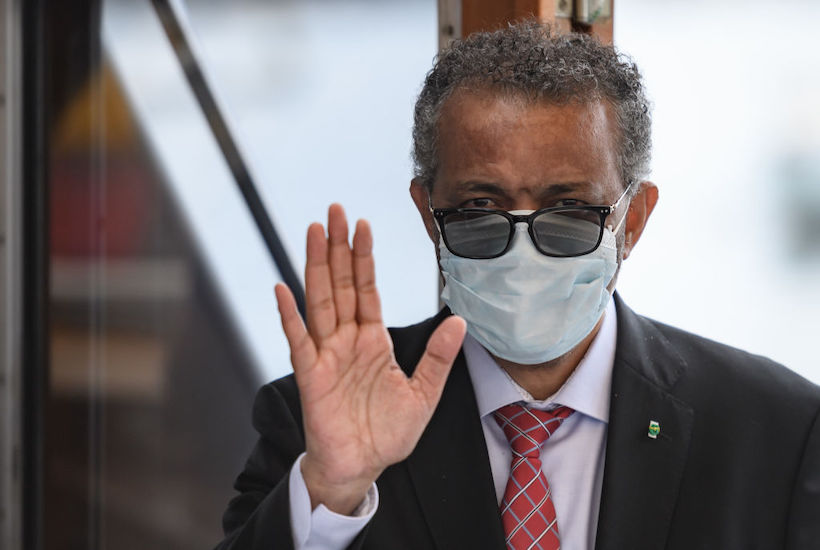
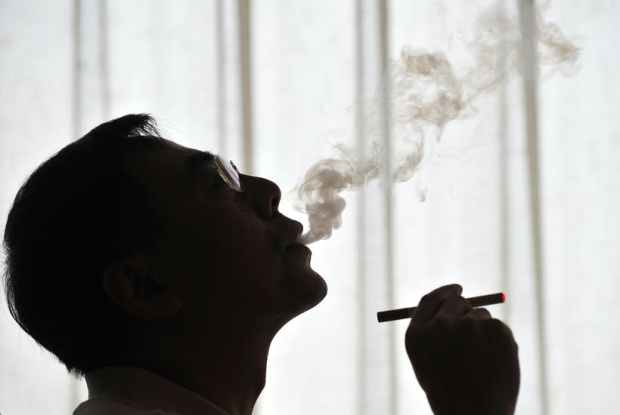
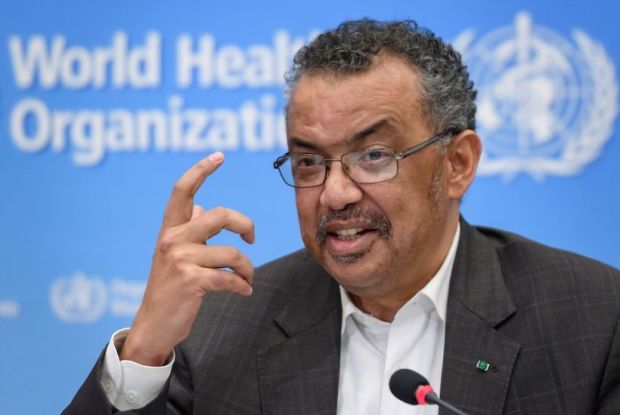
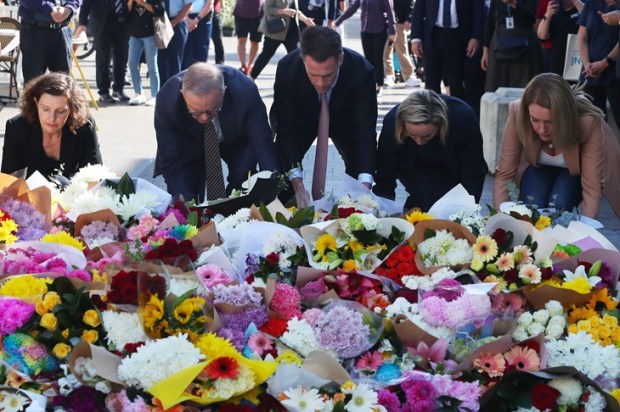


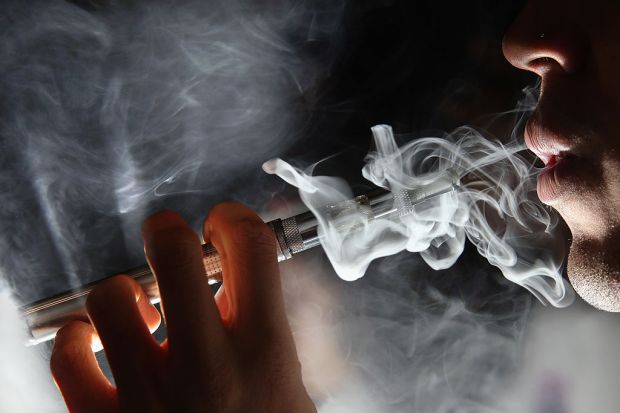


















Comments
Don't miss out
Join the conversation with other Spectator Australia readers. Subscribe to leave a comment.
SUBSCRIBEAlready a subscriber? Log in